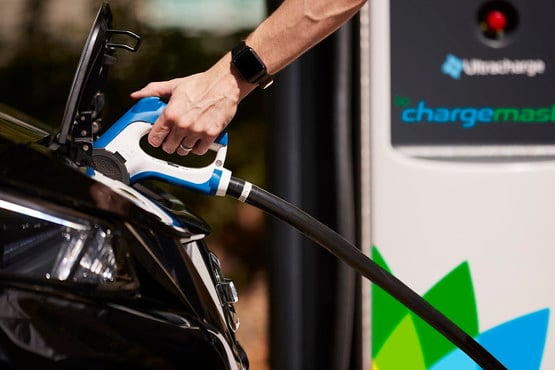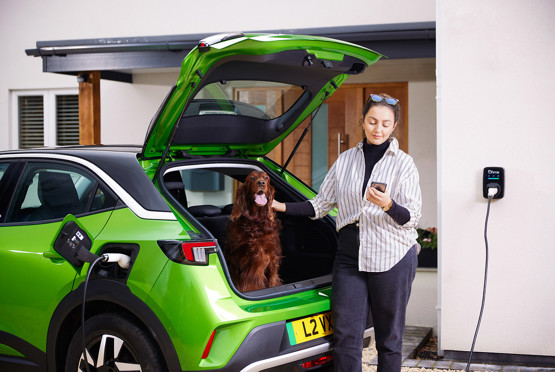UK customer research into electric vehicle ownership has surged by 58% since 2022, but over half still think EVs are too expensive.
The analysis by automotive marketing agency UpShift reveals that in 2022, there were 274,808 searches for EVs.
This figure climbed to 330,617 in 2023, a year-on-year (YoY) increase of 20%.
The upward trend continued in 2024, with searches soaring to 434,123, marking a further 31% rise since 2023.
However, 56% of UK consumers state that EVs are too expensive, so affordability remains a key obstacle to widespread adoption.
Search trends signal demand for affordable EV solutions
As consumers seek cost-effective ways to transition to electric, searches for budget-friendly options are on the rise.
Queries for ‘cheap electric cars’ have increased by 21%, while searches for ‘used electric cars’ and ‘second-hand electric cars’ have grown by 6% and 3%, respectively.
This is likely because many consumers can’t afford the median retail price of a new electric car at £51,000, which is 31% higher than that of new petrol or diesel models.
Interestingly, searches for ‘electric car PCP’ are down YoY by -15%, from 388 to 330.
Meanwhile, interest in traditional purchasing methods is waning.
Searches for ‘buy electric car’ have dropped by 23%, and ‘electric car finance’ is down 18%. In contrast, leasing-related searches have risen by 18%, signalling a shift towards more flexible ownership models.
Ian McIntosh, UpShift chief executive, explained: “Search behaviour gives us a real-time window into what consumers value most.
“By focusing on high-performing keywords and creating campaigns around affordability and flexibility, businesses can better connect with the growing pool of EV-curious customers while driving measurable results.”
This shift could represent a prime opportunity for automotive businesses to promote leasing and other innovative financial solutions that make EV ownership more accessible.
Charging costs and knowledge gaps

Concerns about charging costs and infrastructure remain key hurdles for potential EV buyers.
The most-searched EV-related question in the UK, ‘how much does it cost to charge an electric car’, generates 72,000 searches annually.
Other frequently asked questions, such as ‘how long does it take to charge an electric car’ (32,000 searches annually) and ‘how much will electric car tax be in 2025’ (up 2,847% YoY), underline the need for clearer communication from the automotive sector.
Businesses have an opportunity to fill this knowledge gap by providing transparent, accessible information on charging costs, infrastructure, and long-term financial benefits.
Top tips for automotive retailers on customer education for EVs:
McIntosh said the surge in EV interest presents a clear opportunity for manufacturers and dealerships to overcome affordability barriers through search-driven marketing strategies:
- Dealerships: Focus on SEO and PPC campaigns targeting keywords like ‘cheap electric cars’ and ‘used electric cars.’ Optimise websites with clear pricing, financing options, and answers to affordability concerns to capture and convert high-intent leads.
- Manufacturers: Promote cost-saving initiatives like government grants, warranties, and incentives via targeted digital ads and educational content. Retarget users who’ve searched for EV pricing to reinforce the value and drive conversions.
- Leasing companies: Highlight leasing benefits, such as lower upfront costs and no battery depreciation, through comparison tools, calculators, and ad campaigns targeting ‘electric car leasing deals.’ Emphasise affordability in all messaging.
McIntosh advised all stakeholders to invest in content that answers key consumer questions like ‘how much does it cost to charge an EV?’
He added: “By aligning strategies with search trends and consumer needs, stakeholders can drive demand, boost confidence, and position themselves as leaders in the transition to EVs.
“Companies that act now to refine their strategies will not only attract price-conscious consumers but also differentiate themselves from competitors in the rapidly evolving automotive landscape.”

